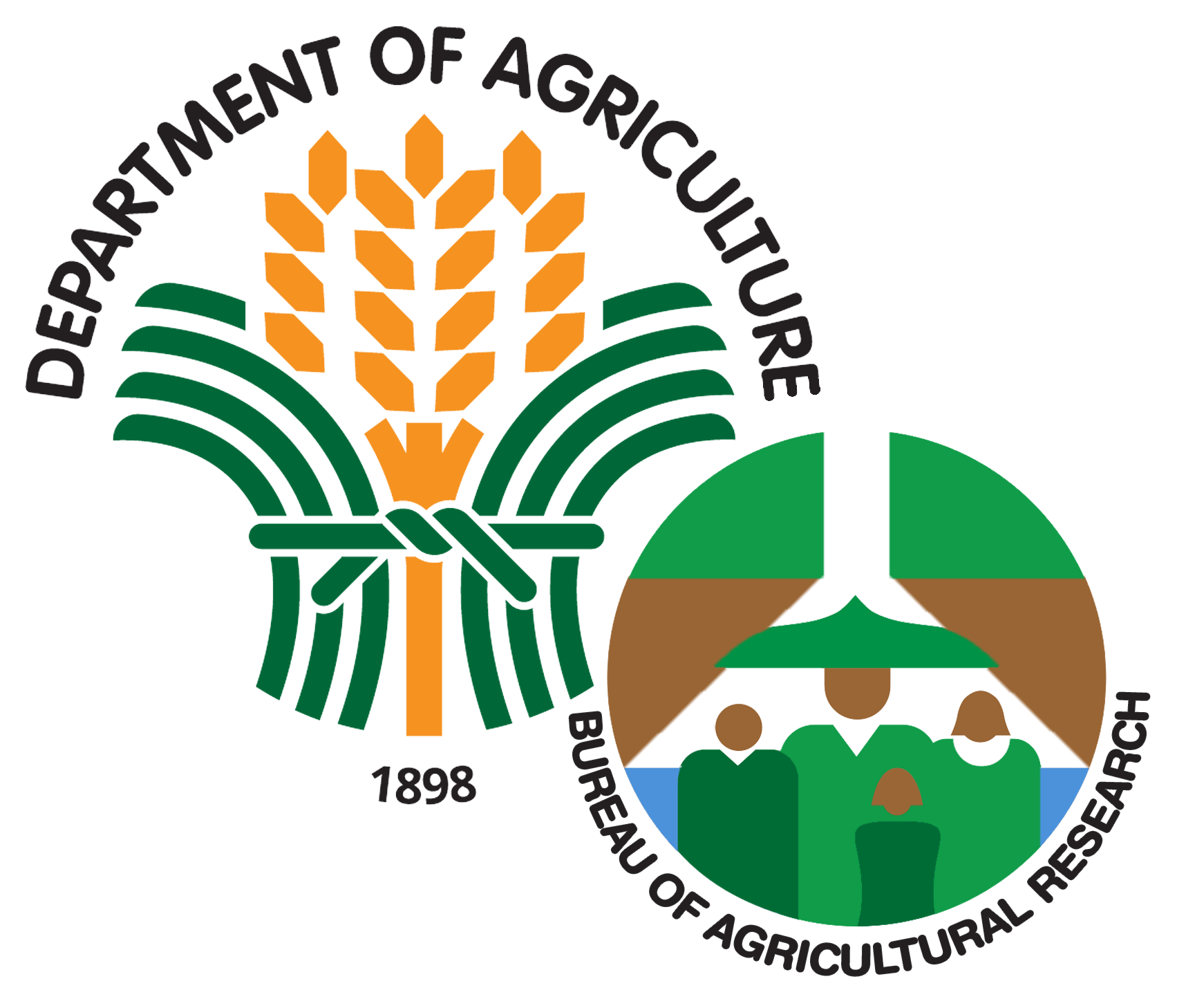Recognizing that most of research outputs do not reach intended users, the Visayas State University-Agriculture and Fisheries Technology Business Incubation (VSU-AFTBI) project started a commercialization program of its technologies dubbed as Research to Market or R2M in 2015.
As an offshoot of the program, a TBI for food and agriculture was established to transfer the research-based technologies to enterprises and startup businesses to gain profit from an innovative technology.
The VSU-AFTBI provided incubation services which helped the incubatees to build their capacity in managing their enterprise or business. The program also conducted consultative meetings with the incubates and provided on-site assessment, field validation and other technical assistance to the incubatees. Interventions, such as the two-day Entrepreneurial Bootcamp and Business Development Seminar Workshop, were conducted to develop the technical skills of the incubatees in running their own enterprises. Additional interventions, such as technical training on tilapia production and high value vegetables, were also implemented to enable incubatees gain and develop technical skills to independently grow and produce the commodities.
To maximize farm productivity and ensure sufficient and regular income for farming families, one technology of the VSU-AFTBI for adoption or technology transfer is the Sorjan cropping system in response to climate change. Sorjan, developed by Indonesian farmers, is a system that constructs an alternate of deep sinks and raised beds. The sink with the impounded water can be used also for rice production and other crops like gabi or kangkong or for fish production. These features can adapt to both dry and wet seasons.
“Ideally, the dimension of the raised bed is around 4m wide and 30cm above water level. The bund or embankment around the area is about 70-100cm wide and 30cm high. The sink for growing rice or gabi or kangkong is 4m wide and 30cm deep, while a deeper sink of about 1m wide and 1-1.5m deep can be constructed around the area for fish production,” said project leader Dr. Alan B. Loreto.
William A. Cruz, 24-year-old incubatee, rents an area of 18m by 26m of the VSU Sorjan farm which he planted with various vegetables like upland kangkong, chili pepper, lettuce, pechay, eggplant, okra, bell pepper, Malabar spinach, tomatoes. He also planted papaya along the bunds and cultured tilapia in the deeper sink. Later on, he also adopted the Sorjan farming system in his 6,000sqm farm in Ichon, Macrohon, Southern Leyte.
“We already earned PhP 30,000 from the vegetables which we harvest weekly or every other day, especially the kangkong and okra. We have also harvested 1,667kg tilapia amounting to PhP 200,000,” Cruz proudly said.
The incubatee directly sold his fresh farm produce to nearby eateries, local communities around the project site, and at the KADIWA center in LGU-Baybay City, Leyte.
Nurturing startups in the early stages of existence increases its chance to survive and eventually, make it on its own. The TBI is an effective modality of increasing the survival of technology-based startup businesses by enhancing the capacity of incubatees in managing their enterprise through the provision of incubation services and facilitating linkages and partnerships between the incubates and other stakeholders.
For more information:
Dr. Alan B. Loreto
Visayas State University
Baybay, Leyte
alan.loreto@vsu.edu.ph


